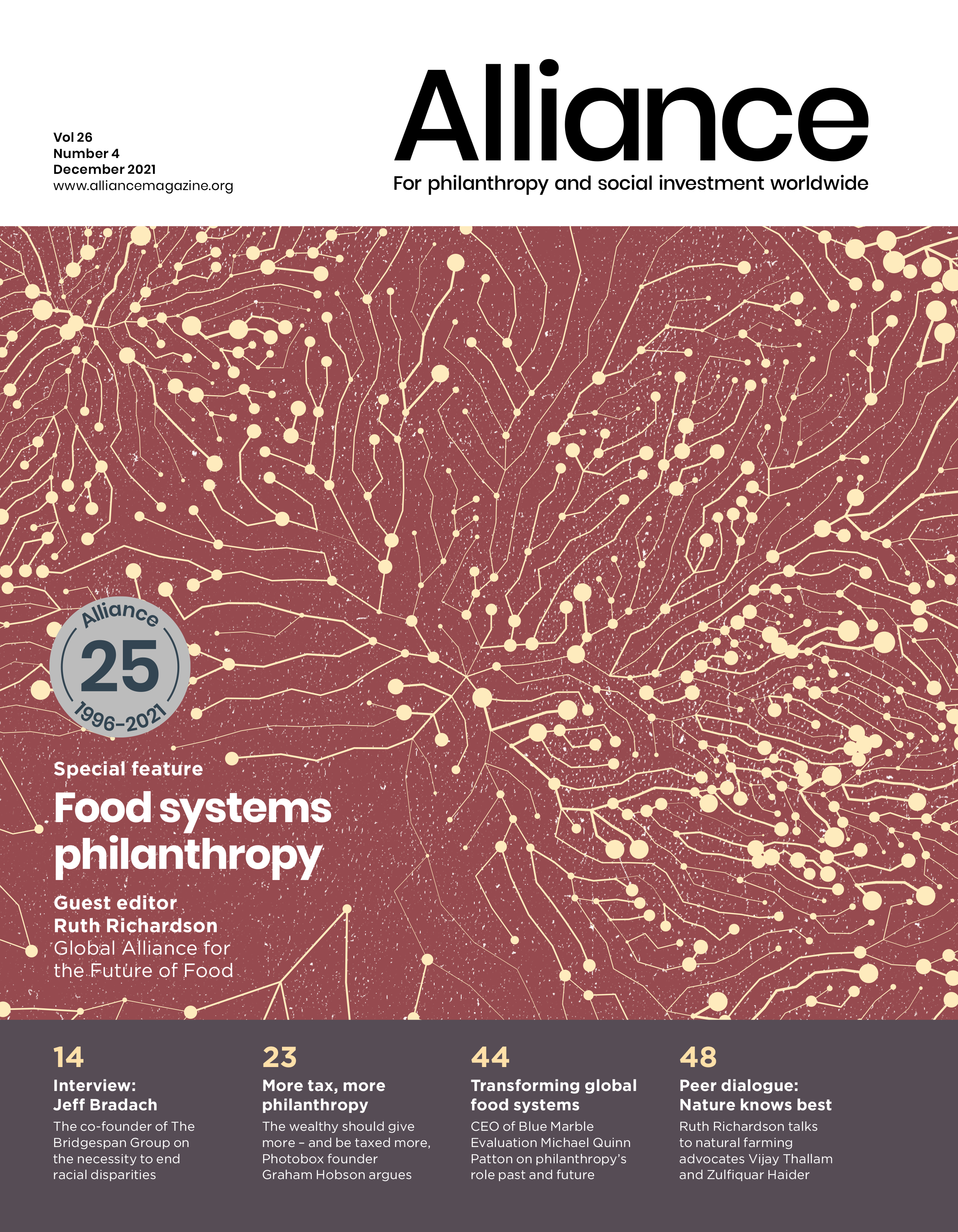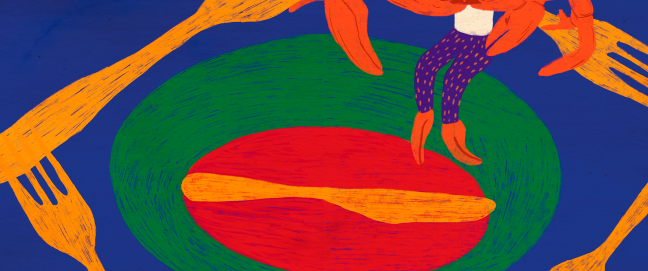Deepening agroecological practices and finding new ways of funding could both be vital to the planet’s future
With hurricanes evermore ferocious and biodiversity vanishing at alarming rates, farming communities are re-embracing traditional agroecology practices to safeguard resilience and sustenance. At the same time, philanthropic organisations are exploring how to put to rest paternalistic and colonialist giving practices and directly support community-led processes that are inclusive and participatory. An example of this is emerging in the Yucatán Peninsula among the Mayan Cooperative, T’uumben K’ooben, the Agroecology Fund and the W.K. Kellogg Foundation.
In 2020, Mexico’s Yucatán Peninsula was devastated by an intense drought, followed by floods, hurricanes, and frequent outbreaks of pests – in addition to the Covid-19 crisis. These events have undermined food security and livelihoods, especially among small farmer families. Mayan communities are beginning to wonder whether the high input of chemical pesticides and fertilisers introduced since the Green Revolution of the 1950s helped or hurt.
At this moment of overlapping crises, the Agroecology Fund (AEF), a global initiative comprising over 30 donors, announced the launch of the Yucatán Peninsula Agroecological Fund (FAPY) to support Mexican community organisations leading recovery from the ravages of climate change and Covid. With funding from the W.K. Kellogg Foundation, FAPY is managed by the local partner, T’uumben K’ooben. FAPY’s mission is to support grassroots projects that strengthen agroecological production, deepen locally-led research and learning, improve market access, and build a more just and climate-resilient food system. FAPY advisers guide the funding of projects led by legally constituted community organisations or by community groups affiliated with organisations eligible to receive financing.
Subscribe now from only £45 a year!
This article is only available for our subscribers
Existing users can login here






